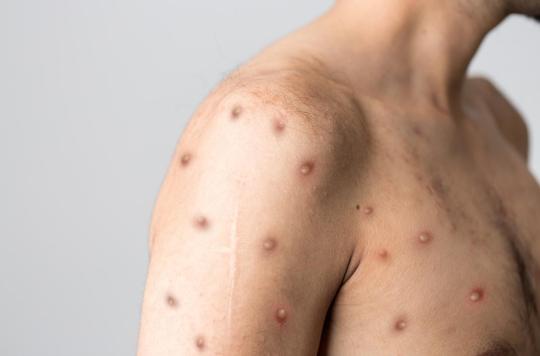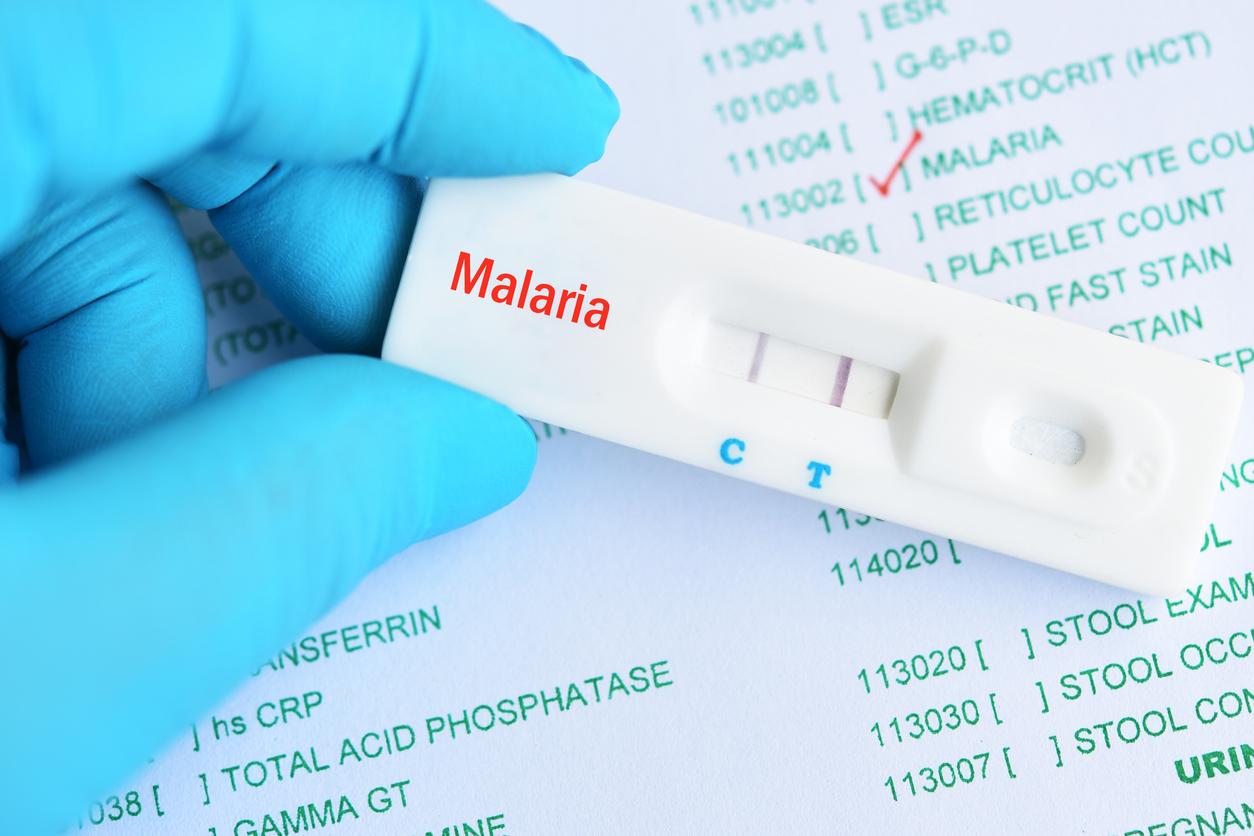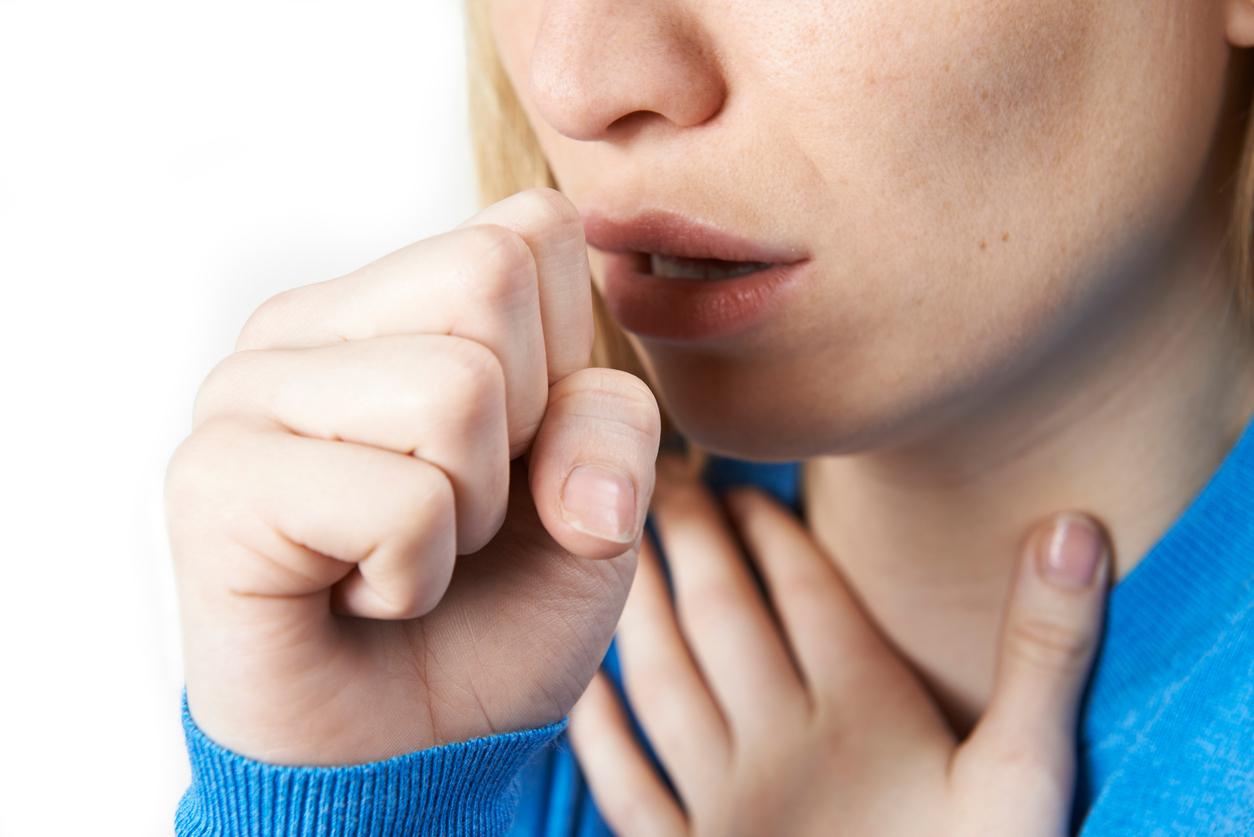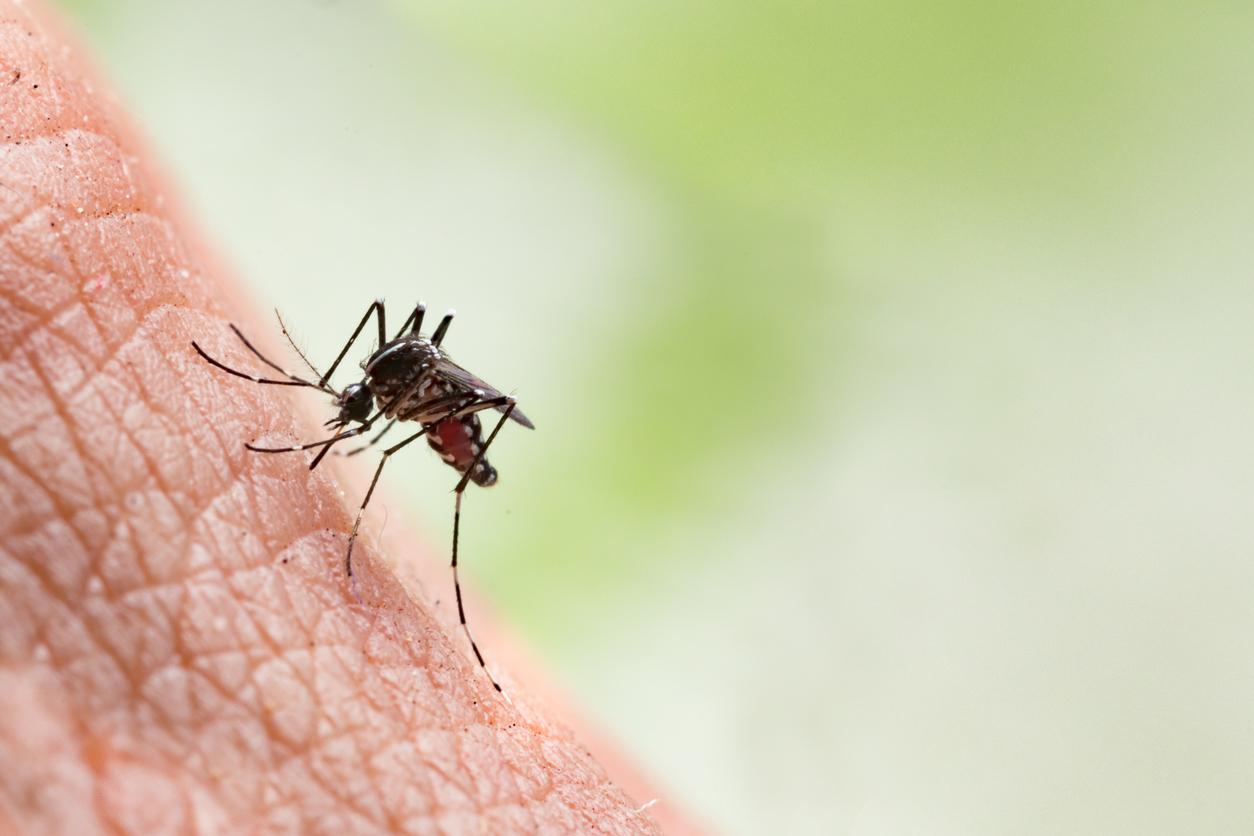As the monkeypox epidemic progresses in Europe, the profile of affected patients around the world – mostly homosexual or bisexual men – raises questions.

- According to the largest study to date, the vast majority of people affected by monkeypox are gay men.
- The vast majority of recent cases of monkeypox have been transmitted through sexual contact.
This is a statistical fact that distinguishes the current epidemic of monkeypox in Europe from those observed in ten African countries. Indeed, the cases identified, particularly in France, are almost exclusively men and most of them have had sexual relations with other men – people called “MSM” (Men having Sex with Men).
98%
According to a study published last week in the scientific journal New England Journal of Medicine and covering 528 infections diagnosed between April 27 and June 24, 2022, at 43 sites in 16 countries, 98% of those infected were gay or bisexual men, 75% were of Caucasian origin and 41% were infected with the virus AIDS. The median age was 38 years old. Scientists suspect that transmission was sexual in 95% of infected people.
“It is important to emphasize that monkeypox is not a sexually transmitted infection in the traditional sense; it can be caught by any close physical contact“with an infected person, clarified the study’s lead author, John Thornhill.”But our work suggests that the majority of transmission so far is linked to sexual activity.“, without this being the only cause.
Incomplete figures?
This overrepresentation of the gay and bisexual community in the number of reported cases could be explained by various factors.
First, the difficulty in making a diagnosis because of the nonspecific symptoms that could make monkeypox look like herpes or syphilis. Indeed, in addition to the symptoms usually reported in endemic areas (fever, muscle pain, great fatigue, then a widespread rash), some patients suffer from new conditions such as angina or inflammation of the mucous membrane. rectum, called proctitis.
Thus, in France, the figures from Public Health France which report 1,567 patients in the country since May would be potentially incomplete.
Multiplicity of partners
“Monkeypox is not unique to this community, although cases are currently overrepresented there“, according to Yannick Simoninlecturer at the University of Montpellier and specialist in emerging viruses.
It appears that what makes the disease particularly propagated is the multiplicity of sexual partners, regardless of sexual orientation. Indeed, 74% of cases reported in France report having had more than two sexual partners in the three weeks before the onset of symptoms. Among the cases investigated in the territory, 26% are HIV-positive.
” We lack complete information, but the data rather confirms a single introductory event and then the spread, especially in the MSM community, following superspreader events.says Mr. Simonin.
The outbreaks that appeared in Spain and Belgium could thus be the cause of the very rapid spread of the virus within the gay community. A hundred positive cases were detected after Gay Pride at Yumbo in Maspalomas, Canary Islands, while another outbreak emerged at the same time at the Darklands festival in Belgium in early May.
Do not stigmatize
Monkeypox is transmitted by direct contact, including through mucous membranes and skin lesions or by contact with contaminated surfaces or objects, says theRegional Health Agency. It can also be transmitted by respiratory droplets, at short distance and during prolonged face-to-face exposure.
“Anyone who has close physical contact with another person who has contracted monkeypox is at risk, regardless of sexual orientation.“, emphasizes Simonin who calls for “be careful not to stigmatize the homosexual community“.
Yesterday, the Inter-LGBT (Interassociative lesbian, gay, bi and trans, which federates about sixty associations) asked in a press release a “increased prevention, factual and non-judgmental“, recalling “the right of everyone to live their sexuality fully with the number of partners they want, while taking into account the reality of the epidemic“.
With nearly 17,000 cases worldwide, World Health Organization (WHO) Director-General Tedros Adhanom Ghebreyesus raised the highest level of alert for monkeypox on July 23.
















